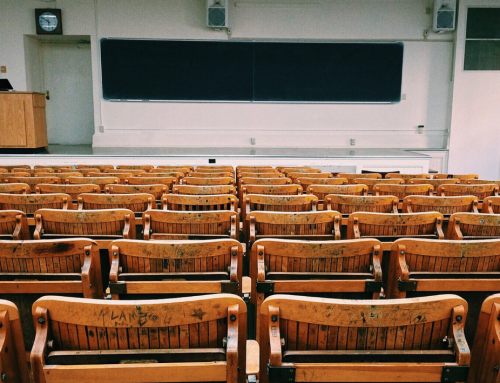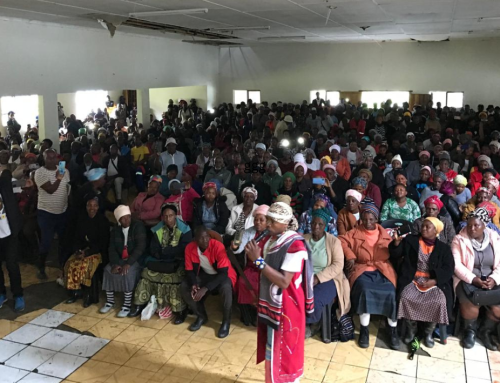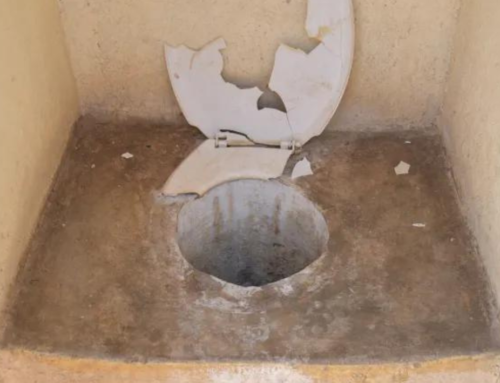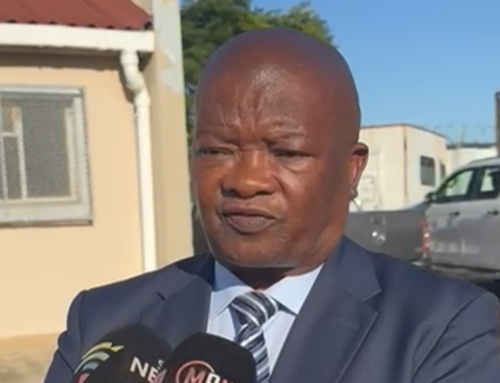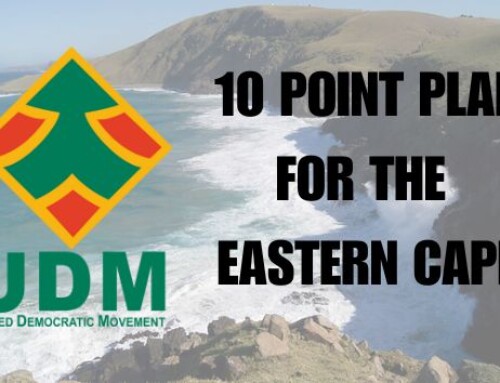 Speech by Bantu Holomisa, MP and UDM President on The Big Political Corner – Socio-Economic Transformation and Inclusive Growth at the Black Business Council Annual Policy Summit at Gallagher Estate in Midrand
Speech by Bantu Holomisa, MP and UDM President on The Big Political Corner – Socio-Economic Transformation and Inclusive Growth at the Black Business Council Annual Policy Summit at Gallagher Estate in Midrand
Let me start off by saying thank you to the Black Business Council for hosting this summit and complimenting it for having a good spread of contributors to the “big debate”, which is our economy.
1. Introduction
Ladies and gentlemen, truth be told, during the struggle period the arts and law faculties of our universities were flooded by students from our disadvantaged communities.
This happened because the focus at the time was to train scholars who were focussed on the liberation of our people. This was the right thing to do at that time.
Unfortunately, while those classes were full, those in the economic sciences were bare. I witnessed this in 1979 when I enrolled for just such courses at the Umtata branch of the University of Fort Hare, where Professor Wiseman Nkuhlu, South Africa’s first black chartered accountant, lectured us.
Hindsight being 20/20; looking at the success of, for example, Gloria Serobe who was my classmate and our highly successful businesswoman who obtained her BCom degree at the then University of Transkei during those years, we would have been speaking a totally different language today if there had been greater focus on economic sciences.
This was part of the reason that I in 1998 partnered with Mr Matt Matthyser in a project called P-m=g2, where we developed supplementary study guides, providing high quality education in the subjects of English, physics, math and accounting.
The aim was to give an edge to formerly disadvantaged students entering tertiary education, and for those who did not have the means to proceed, to have a proper grasp of the basics that would enable them to run their own businesses and their own private finances.
Matt and I met with Ignatius Sehoole and Chantel Mulder of the South African Institute of Chartered Accountants (SAICA).
We also lobbied various state departments and those in the corporate sector. Our efforts culminated in a programme, which is today called, Thuthuka and is run by SAICA. The aim having been to produce more black chartered accountants.
Some of you might be aware that this project was launched in 2001 by Nelson Mandela in Umtata, and today I am proud that thousands of students have successfully graduated through the efforts of this programme, with many more to follow. Today Ignatius is the CEO of KPMG and we wish him well in turning that organisation around.
I give this background, because once we attained political freedom in 1994, it was clear that our important institutions, government and the private sector would require trained and qualified professionals to run their business.
The take-away from me making the point of an effective education system is that the successes of programmes like Thuthuka must be replicated en masse in, for example, the fields of agro-processing, steel and other manufacturing industries and tourism.
It is not only important to create jobs, but also to send a skilled and qualified work force to fill those jobs. Not this mediocrity we have been subjected to.
2. A high-level snapshot of what we are facing
Regarding the achievement of socio-economic transformation and inclusive growth, the United Democratic Movement (UDM) is of the view that government must do more, especially to address the backlogs and imbalances of the past.
This would include the issues of education, land, economy and integrating the infrastructure of South Africa.
Not only do we have to contend with the legacy of the past, but compounding our problems is a new triple crisis, which is: first, a fiscal crisis; second, an energy crisis; and third, the climate crisis that affects everyone, everywhere around the world.
While the climate crisis is a global phenomenon, in which the developing world is a victim of the choices made by the Western powers of the industrial revolution and what followed it, the first two are own goals.
The fiscal crisis and the energy crisis are clear failures of governance.
On a side note and talking about a global phenomenon, the jury is still out on how great the effects of the Corona Virus will be on our economy in the end.
That said, to position ourselves for the future, we urgently must fix the fiscal and energy problems over which we have control. For the economy to grow, we need a reliable supply of energy.
If the government finds that it cannot maintain the social security safety needs, that it has created since 1994, and which the Constitution requires, then we will be in real trouble in terms of socio-economic risks and public order unrest.
At some point, we need to take a serious look at our population growth, and the impact it has on our economy and the need to ensure a certain level of economic growth that keeps pace. This debate must take into consideration the burden on our limited resources and the pace of infrastructure development required. This dynamic should be considered in tandem with bulging immigration.
Disrespect for the rule of law, as exhibited by our executive over the years, as well as institutionalised corruption have a direct bearing on South Africa’s downgrading on international ratings, which in turn negatively impacts investor confidence.
Nobody doubts that over the last 25 years we have been consumers only. We need to find the ingredients to bake a bigger economic cake so that everyone not only gets a fair share, but that they also contribute to an inclusive, healthy, stable and growing economy.
Also, in the past, companies like Anglo and other big conglomerates sustained government; albeit the Apartheid government. Too late did we realise that their campaigns for changes in foreign exchange policies would culminate in their listing outside South Africa. Thus, they sent the message that it is not good to invest here, and they also ended up spiting the new democratic government.
Our focus from now on must be on how do we empower our own people to bake this larger economic cake I have mentioned.
3. A historical perspective on socio-economic transformation
We must also look at which useful lessons history can teach us. A case in point of the “government must do more”-principle I mentioned earlier, is the international precedent of the European Recovery Programme of 1948, better known as the “Marshall Plan”.
Closer to home, the Afrikaner government was deliberate in using state resources to successfully address Afrikaner poverty after the Anglo-Boer War.
Some might consider state intervention as a taboo, but there is a lesson to be drawn from this part of the Afrikaner’s history i.e. how they purposefully managed to pull themselves up by their own socks and actively did something about their problems.
4. Policy certainty as a steppingstone for socio-economic growth
The other important way in which we can position ourselves for the future is to be more decisive about where in our economy we want to welcome new private sector investment.
Also, we cannot get away from the fact that policy uncertainty has for far too long caused South Africa much economic damage and has, in essence, halted socio-economic transformation and inclusive growth.
First we had the Reconstruction and Development Programme (RDP), then the Growth, Employment and Redistribution framework (GEAR), then we switched to the Accelerated and Shared Growth Initiative for South Africa (AsgiSA), followed by the New Growth Path (NGP), then the National Development Plan 2030 and most recently, Radical Economic Transformation.
This chopping and changing erodes investor confidence and drives out entrepreneurship. To compound matters, the tri-partite alliance’s differing stances on the economy further confuses policies.
We urgently need to align policies with the needs of investors, and we need to provide clear policy certainty above all else.
5. Economic Indaba
Regarding our macro-economic policy, after 25 years, there is still no consensus (not even within the tri-partite alliance) on how South Africa must transform its economy in a manner that creates wealth and improves the fortunes of the disadvantaged majority. This is indicative that something drastic must happen, and it must happen soon.
Although we do not out of hand discard the current administration’s economic summits, the UDM strongly believes that a similar exercise as the Codesa talks needs to take place, but this time in the form of an Economic Indaba.
Piecemeal conferences and summits will not do the job; it needs a concerted effort with all stakeholders gathering under one roof to hammer out South Africa’s economic policy.
This Economic Indaba should emerge with consensus after which its decisions should directly go to parliament for ratification and implementation
In this concerted manner, we are more likely to achieve policy certainty that will in turn ensure socio-economic transformation and inclusive growth in the near future.
This proposed Economic Indaba is our best chance to find the right socio-economic solutions that will benefit all South Africans.
I thank you.



